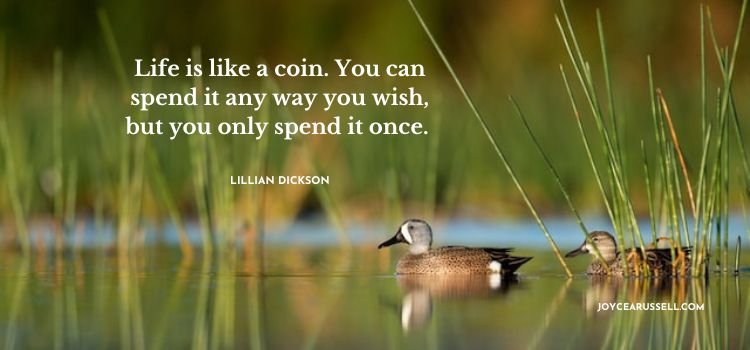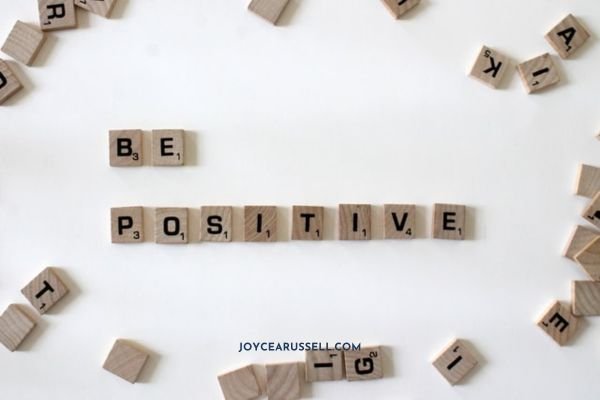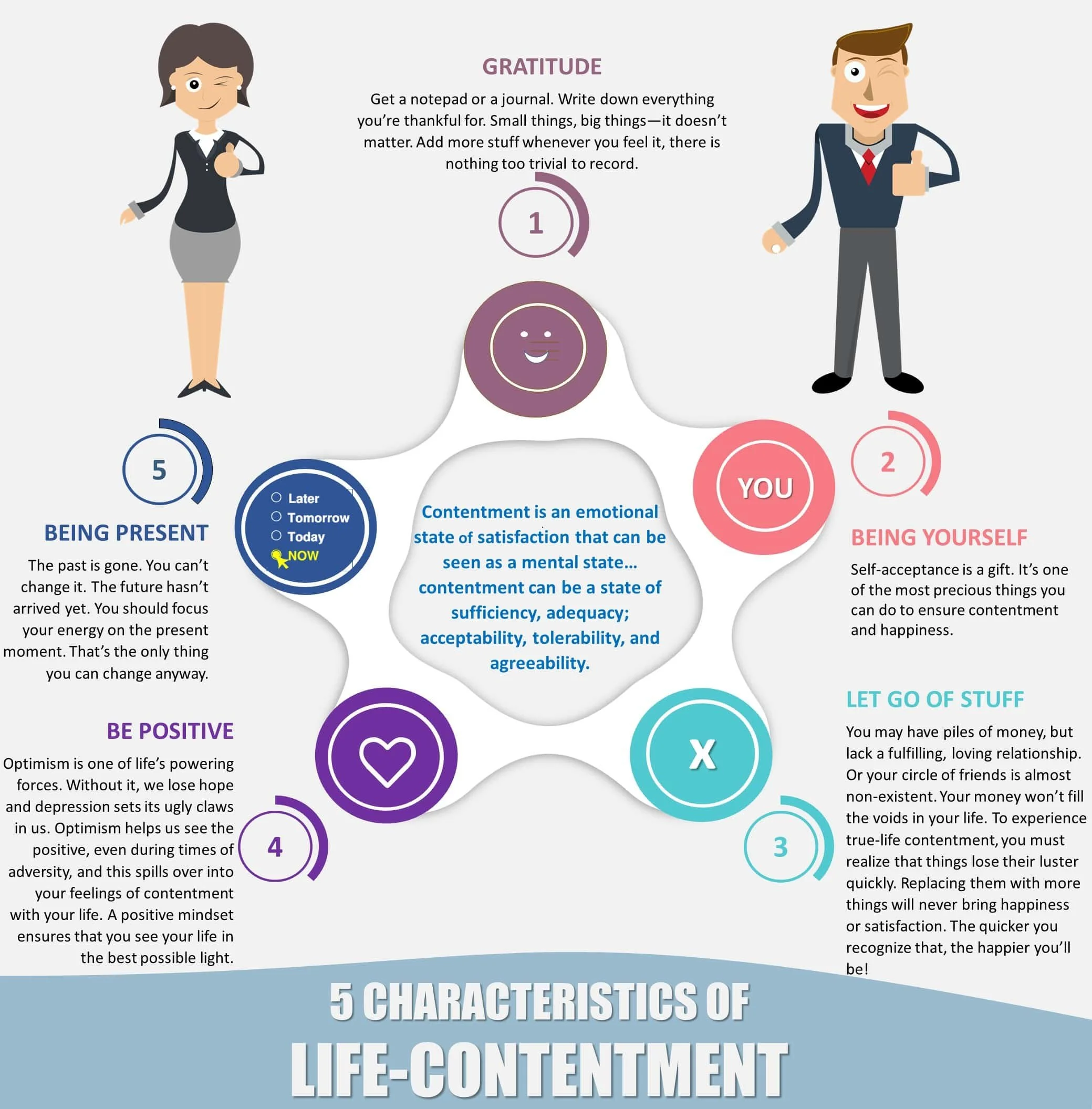Living your best life can take effort. It’s necessary to act to ensure you’re achieving the happiness and satisfaction you want.
Let’s explore a range of topics, from nurturing relationships and setting personal boundaries. To the benefits of lifelong learning and the importance of being grateful for life's simple joys. These conversations underscore the significance of mindfulness and intentionality in your life. By prioritizing your well-being, and embracing new experiences and activities you enjoy, you can lead a more gratifying and enriching life. These insights serve as reminders that the pursuit of happiness and personal growth is not an elusive destination. Rather an ongoing journey rooted in self-awareness and a willingness to engage with the world around you.
To live your best life, there are some activities you can do to make it easier to promote better living each day.
Make sure you nurture the right relationships in your life.
Nurturing the relationships in your life is essential for your emotional and overall happiness. These connections provide you with a sense of belonging, support, and love that enriches your life in profound ways. To foster healthy relationships, you must invest time and effort into understanding, communicating with, and empathizing with those you care about. This involves listening, being present at the moment, and showing genuine interest in the thoughts and feelings of others. By doing so, you not only strengthen the bonds you share but also create a setting where trust and intimacy can flourish.
Moreover, nourishing relationships extend beyond mere communication. It also involves making a regular effort to spend quality time together, whether through shared experiences, shared laughter, or simply being there during challenging times. Celebrating each other's successes and offering support during difficult moments are the cornerstones of a strong and enduring connection. When you invest in nurturing these relationships, you build a support system that can weather the vicissitudes of life and celebrate the joys together. Making your journey even more meaningful and fulfilling. Ultimately, the nourishment of your relationships is an investment in your happiness and of those you hold dear.
Make time for activities you genuinely enjoy.
Whatever your favorite hobbies, activities, and pastimes are, give yourself time to enjoy them. Making time for activities you genuinely enjoy is a vital aspect of maintaining a balanced and satisfying life. These pursuits provide not only moments of joy but also opportunities for self-expression, creativity, and relaxation. Whether it's reading a book, painting, playing a musical instrument, or engaging in a favorite sport. These activities can serve as a refuge from the demands of daily life. Setting aside dedicated time for them is a form of self-care that nourishes you mentally and emotionally.
Incorporating enjoyable activities into your routine can boost your overall productivity and happiness. It provides a much-needed break, allowing you to recharge and return to your responsibilities with renewed energy and focus. Moreover, pursuing your passions can lead to a sense of accomplishment and personal growth. It's a reminder that life isn't just about meeting obligations but savoring the moments that bring you genuine pleasure. By making time for these activities, you prioritize your happiness and well-being. Which in turn positively impacts all other aspects of your life.
Say “No” like a pro and transform your life.
If you feel pressured to say “Yes” to others’ requests, it can be tough to feel like you’re living your best life. Establishing personal boundaries and having the courage to say "No" when necessary is an essential practice for maintaining your overall well-being. Boundaries act as a protective shield around your physical and emotional space, blocking others from overstepping or taking advantage of you. They’re the foundation of healthy relationships and self-respect. When you set clear boundaries, you communicate your needs, limitations, and values, which fosters respect and understanding with others.
Moreover, setting boundaries and declining certain commitments or requests allows you to prioritize your needs and goals. It's a way of managing your time and energy level efficiently. Preventing burnout and overwhelm. Without boundaries, you may find yourself constantly overextended, sacrificing your well-being for the sake of others or societal pressures. Learning to say "No" respectfully permits you to make choices that align with your values and goals. Ultimately leading to a more balanced and fulfilling life. It's a powerful tool for self-care and self-preservation, promoting a sense of agency and control over your destiny.
Make your physical and emotional health your top priorities.
Prioritizing your physical and emotional well-being is a fundamental aspect of leading a healthy and fulfilling life. It's the basis upon which your ability to thrive, both personally and professionally, is built. Here are some key points to consider when making your well-being a priority:
Regular self-care practices, such as exercise, adequate sleep, and a balanced diet, are the big “three” for maintaining physical health. Combining relaxation techniques and mindfulness into your routine can contribute to mental well-being.
Learning to manage and cope with stress effectively is vital. High levels of chronic stress can have detrimental effects on both your physical and mental health. Consider meditation practices, deep breathing, or seeking professional help when needed.
Finding a healthy work-life balance is essential. Dedicate time to activities and relationships that bring you joy and relaxation outside your work commitments.
Nurturing meaningful social connections is necessary for mental well-being. Make time for friends and family; they can support you when facing challenges.
Don't hesitate to seek help or counseling when dealing with mental health issues. There's no shame in asking for assistance; it's a sign of strength to address your mental well-being proactively.
Regular health check-ups with medical professionals can help identify and address physical health concerns early, preventing more serious complications later.
Set clear goals for your well-being. Whether achieving a fitness milestone or working towards improved mental clarity, having objectives can motivate and guide your efforts.
Prioritizing your physical and emotional well-being isn't selfish. It's an act of self-love and self-preservation that ultimately allows you to lead a happier and more fulfilling life. Remember that taking care of yourself enables you to be at your best for you and those around you.
Experience or try something new each day.
Experiencing something new can be a transformative and enriching practice that brings many benefits to you. While you might not be going on an extreme outing each day, there are small ways to experience that sense of adventure and discovery. First, it keeps your mind engaged and sharp. When you encounter novel experiences, whether it's trying a new food, learning a new skill, or exploring a different place. Your brain is challenged to adapt and process new information. This cognitive stimulation can enhance creativity, problem-solving, and overall mental agility.
Additionally, daily novelty adds excitement and variety to your life. Preventing the monotony of routine from setting in. It helps you break free from your comfort zone, fostering personal growth and a sense of accomplishment. Whether big or small, these new experiences can increase self-confidence as you navigate unfamiliar situations successfully. Lastly, they can broaden your horizons, expose you to different cultures and perspectives, and create lasting memories contributing to a rich and fulfilling life. In a nutshell, the pursuit of daily novelty promotes personal development and a greater appreciation for the world around you.
Endeavor to be a lifelong learner.
First: lifelong learners have a voracious appetite for knowledge. They maintain a deep interest in the world around them, always asking questions and seeking answers. Whether through books, online courses, podcasts, or conversations with others, they actively seek opportunities to learn something new every day.
Second: lifelong learners are open-minded and adaptable. They embrace challenges and view failures as opportunities for growth. Instead of shying away from unfamiliar topics or difficulties, they approach them with enthusiasm and a willingness to learn from their mistakes.
Third: lifelong learners are able to manage time and goal setting, ensuring that they allocate time each day or week to their learning pursuits. This discipline helps them stay committed to their educational journey and consistently make progress in acquiring new knowledge and skills.
Ultimately, the habits of a lifelong learner revolve around a mindset of continuous growth, a persistent curiosity, and a commitment to constant self-improvement. Exposing yourself to new topics, information, and skills is an excellent way to keep your mind active and learn well beyond your school days. Pick up new hobbies, ask a friend to teach you a skill they know, and sign up for free classes – there are plenty of ways to live your best life through learning.
Gratitude: how small things can change your life.
Life can be busy, making it easy to forget how many wonderful aspects of your life you can experience each day. Taking time each day to recognize everything good in your life is a lovely way to increase your overall satisfaction.
Being grateful for small or simple things in life is a powerful practice that can bring immense joy and contentment. Often, you get caught up in the hustle and bustle of your daily routines, chasing after grand achievements and material possessions. In the process, you overlook the beauty of simple pleasures. Take a moment to appreciate small joys. A warm cup of tea on a cold morning, a heartfelt conversation with a loved one, or the sight of a blooming flower. All of which can promote a profound sense of gratitude.
Moreover, acknowledging and cherishing the small things can shift your perspective towards a more optimistic outlook. It reminds you that happiness is not merely contingent on milestones or accomplishments. Instead, it resides in the everyday moments that make up your life. When you express gratitude for these simple pleasures, you become more present and attuned to the richness of your existence. Fostering a sense of contentment and fulfillment that transcends the pursuit of material success.
My final thoughts are:
You have seen the importance of balance, mindfulness, and mindset in your daily life. Whether it's nurturing relationships, setting boundaries, embracing new experiences, well-being, or practicing gratitude. These principles can help you to lead a more fulfilling life while also contributing positively to the lives you touch.
For more information, read these posts.
20 Ways To Live Your Best Life.
Taking Action On Your Intention.
I appreciate you taking the time to read this post.






















